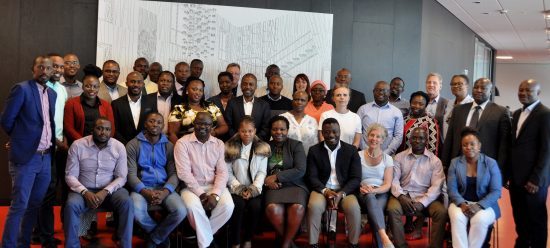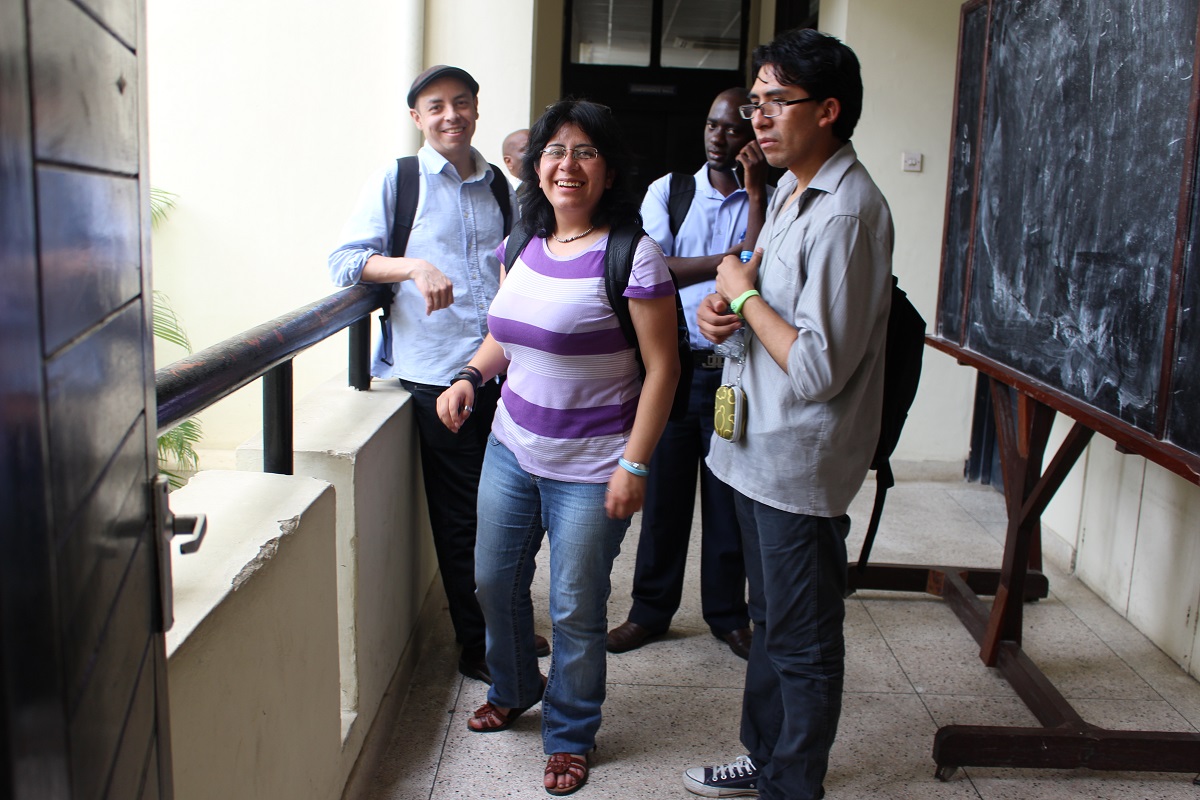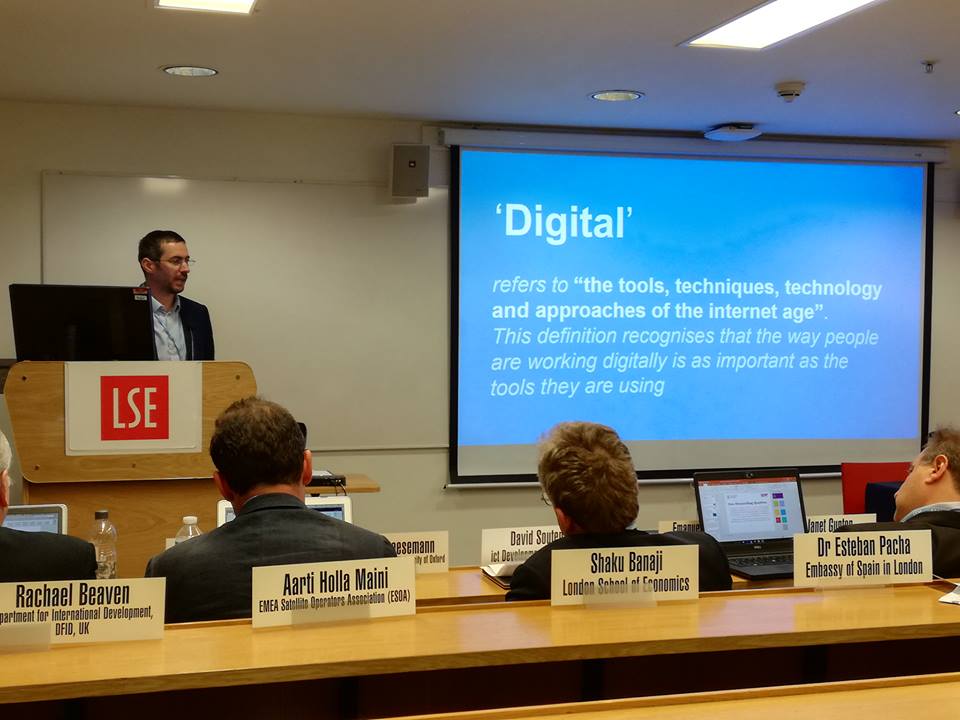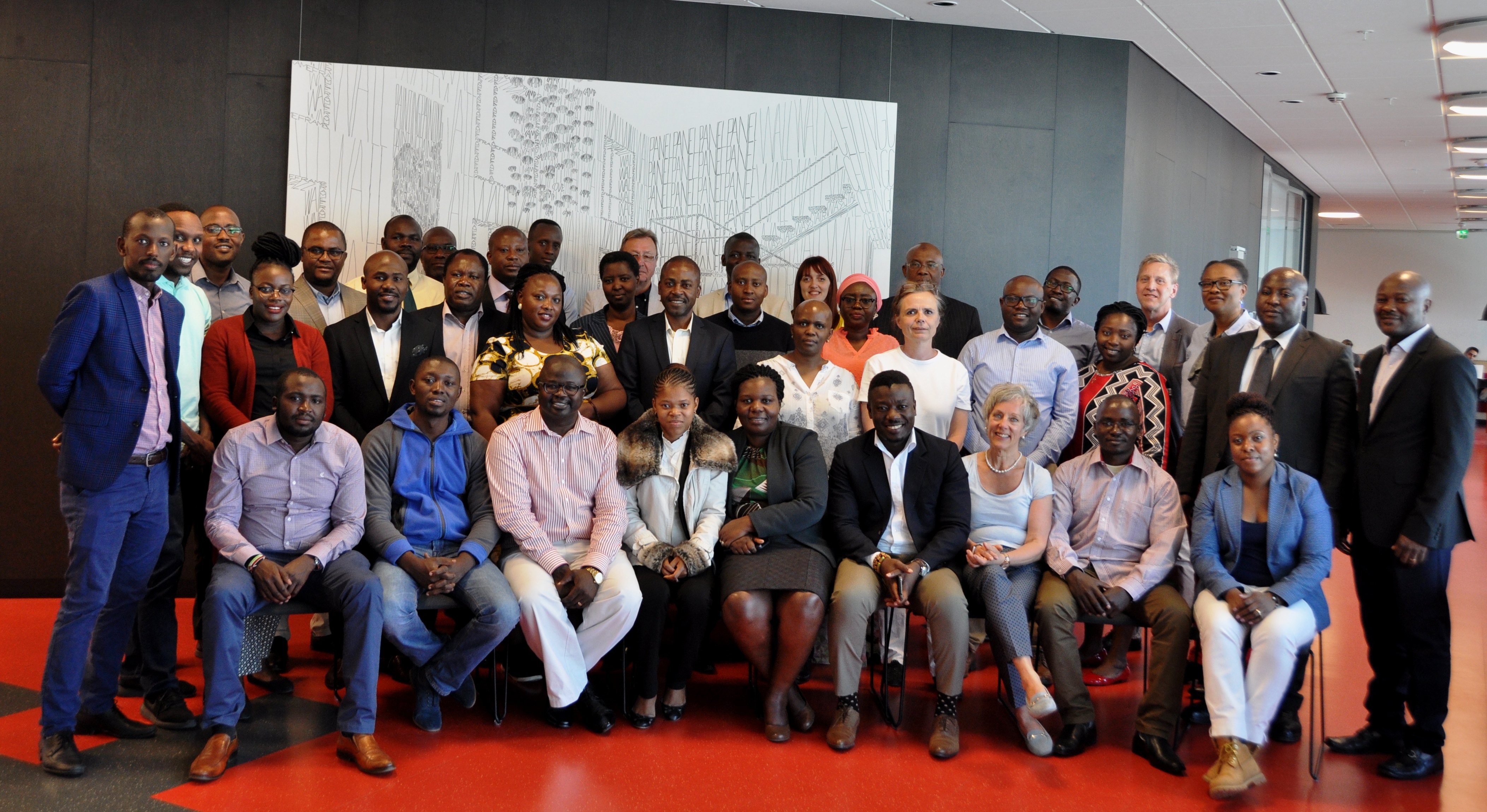Digitalising Development Reporting
SPIDER is underway with digitalising all its reporting to cut out unnecessary administration time, to streamline and make reporting of results more transparent and easily standardised to international standards. This work started in 2017 and continues to inform how digitalised reporting could contribute to measurable results reporting.
Official Development Assistance is often delivered in several steps, and the funds are channelled through several organisations before they reach implementation. The reverse flow is the flow of information and data of results that passes through the reports of several organisations before they can be aggregated to give a more complete picture of the impact of ODA.
Each organisation gathers information, interpret it, and formulate it into a report which is often narrative. Each subsequent organisation must interpret the information in the report, and aggregate the results in a different form or on a higher level. This work not only takes time and money but also entails a substantial loss of data and information as results are reinterpreted in several rounds. With the increasing adoption of IATI standards by development agencies there is a higher demand to produce machine readable data that can be shared between actors and aggregated on various levels and presented in a variety of formats. This is not possible with a reporting culture that relies primarily on narratives and text.
SPIDER has partnered with Akvo to utilise the RSR (“Really Simple Reporting”) platform which allows implementing partners to enter results in digital form to be aggregated and extracted on project, programme, organisational or even donor level. Keeping data digital cuts out the translation between data to narrative, back to data and again to narrative reporting. This also allows a direct link between overall development goals set by ODA and the grass root implementation that can be traced in both directions, to find the projects that have contributed to the overarching results, and what overarching results each individual project implementation contributes to.
What the digitalisation of results reporting can avoid
- Losing time, data and information due to extraction of information and data from separate text documents
- Combining disparate sources and formats
- Bottlenecks in the flow of information about development work and results in developing countries.
What digitalisation of reporting at SPIDER can accomplish
- SPIDER can easily follow and document the project progress (this can be made visible to external partners if necessary). The system also makes basic reporting much easier which will allow efficient follow up and steering of complex or difficult projects.
- Project partners report directly to the system, which reduces the loss of data and information in the translation to narrative text format.
- All subsequent levels can access data and information without having to extract it from narrative reports (often through interpretation of text). The system can deliver customisable reports in various formats including xml, pdf and IATI.
- Project partners in developing countries can share images and quick updates from the field, which makes development work more transparent as all interested parties can immediately see the changes that development aid can bring about. This is also a question of democracy where the image and information about development work is not filtered through several organisations before it reaches the public.
Contact SPIDER if you wish to know more or adapt the system to your own organisation.








